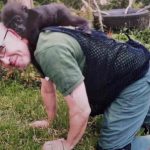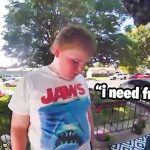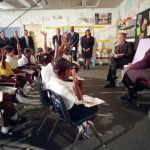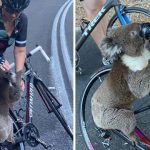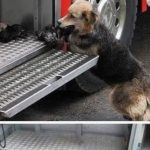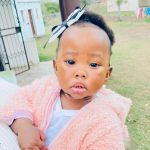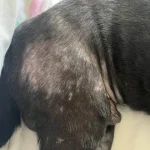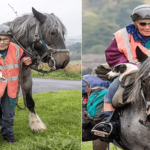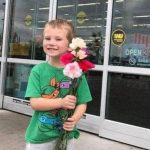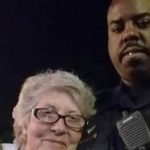A Father Through WhatsApp: One Surgeon’s Sacrifice for His People
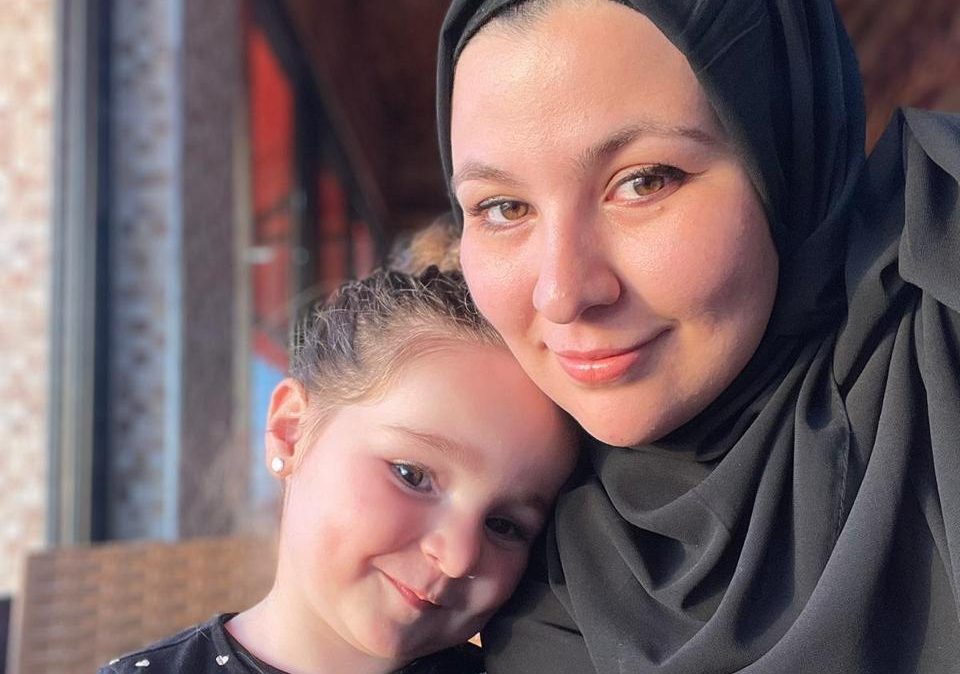
Her name is Rita. It’s a name drawn from a famous Palestinian poem—later set to music—that I used to sing, and that my wife also loved. Over time, Rita became more than just a name; she became the symbol of our love, the thread connecting our family. Today, she is my daughter.

But I haven’t seen either of them—my wife or my little girl—for a year and a half. When the border briefly opened last year, I made the hardest choice of my life: I sent them away for safety, while I stayed behind.
I hold a Master’s degree in Burns, Plastic, and Reconstructive Surgery. My skills are rare, and in Gaza, they are desperately needed. And so, when the gates shut again, I remained. I couldn’t leave, even if I wanted to.
From afar, I try to be present in my daughter’s world. I ask her about kindergarten, her swimming lessons, her new drawings. I cheer her on in the little things. But at the end of the day, I’m only a “WhatsApp father”—a face on a screen, a voice carried across unstable internet connections. A few days ago, she was distracted, playing with her toys, so I asked gently: “Why don’t you talk to me?”
Her answer cut through me: “I feel like I forgot you a little bit.”
My wife rushed to soften the moment—“She’s only joking”—but I knew my daughter’s words were the truth. For most of her life, I have been absent. First during my studies in England, and now, during this war. The guilt weighs heavily on me. But still, I know this much: if I had abandoned my people, that guilt would have been heavier still.
Because in Gaza, the health system was the first target of this genocide. Hospitals destroyed, supplies cut, doctors killed. Suddenly, there was no refuge for the dying, no safe place for the wounded. I couldn’t turn away.
Through Doctors Without Borders, we fought to keep hope alive. Together, we built a field hospital with 120 beds. We kept three operating rooms running around the clock. We opened two health centers inside displacement camps—treating nearly 800 people every single day. These weren’t just numbers; they were fathers, mothers, children. Each life mattered. Each one reminded me why I stayed. That work will remain with me forever.
And so I live in two worlds. One, the world of duty and service, where I stand beside my colleagues, stitching wounds, grafting skin, fighting to keep our people alive. The other, the world of distance, where my daughter grows older without me—her laughter echoing only through my phone, her face lighting up a small screen I hold late at night after surgeries.
One day, Rita will be old enough to ask questions. When that time comes, I will ask her to read, to watch, to learn about what happened to our people. I will ask her to understand why her father stayed. That resisting means existing. That existing means living by values, even when it hurts.
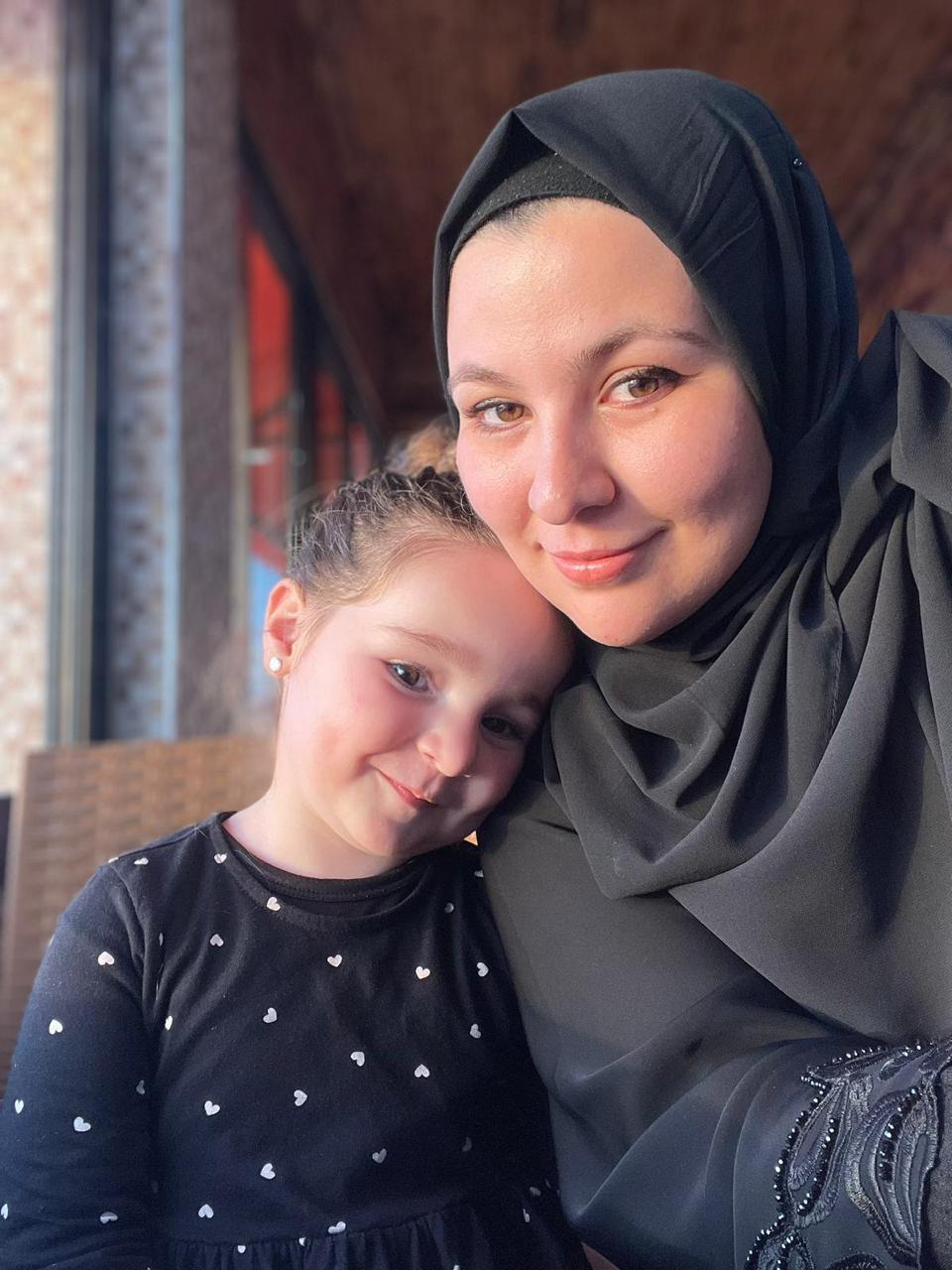
And in our family, our value is clear: to serve others before we serve ourselves.
That is the legacy I hope she will inherit. Not only my absence, but my purpose. Not only my guilt, but my love.
